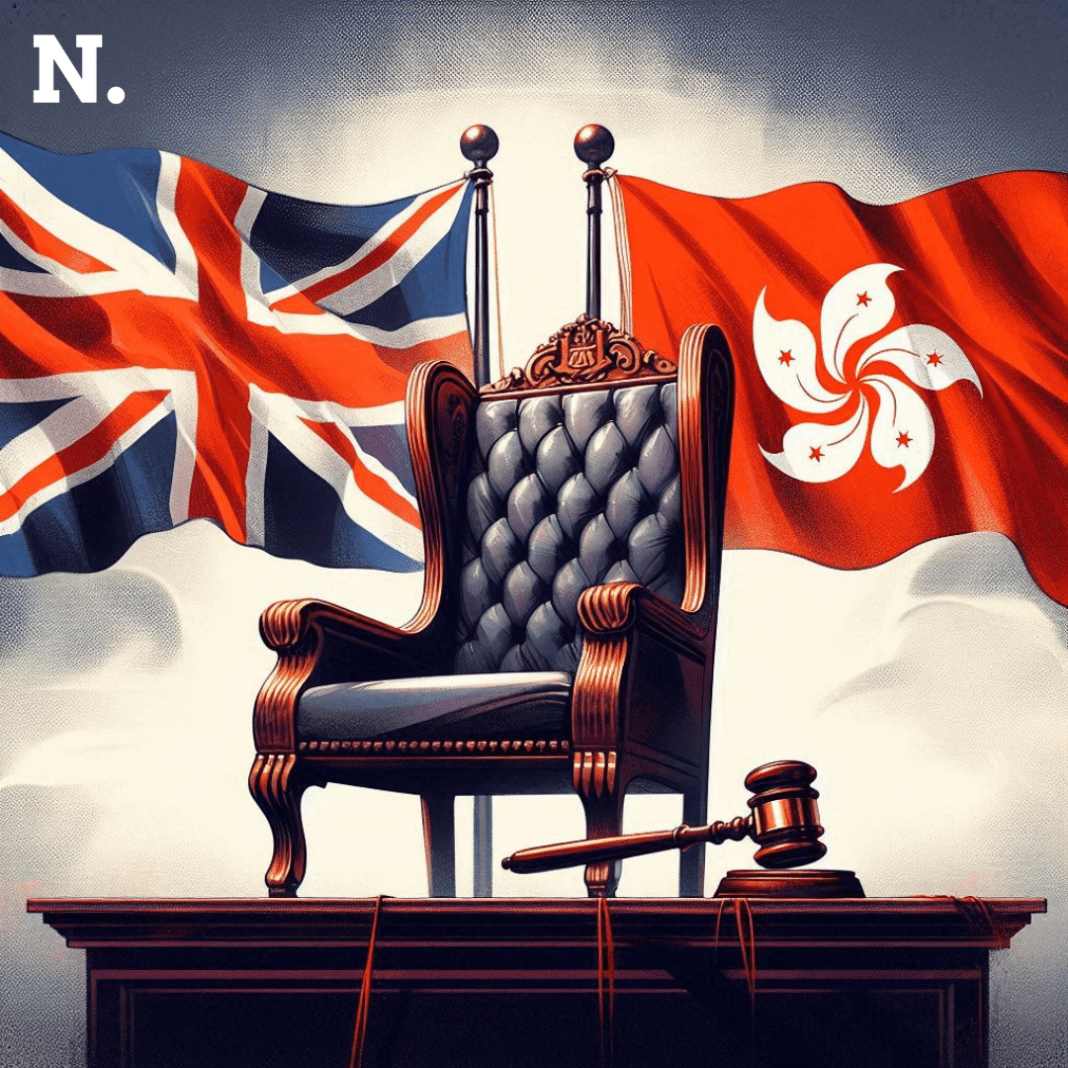Two former UK judges have resigned from Hong Kong’s top court in the wake of continued concerns over the city’s national security crackdown and its effects on judicial independence. Lord Jonathan Sumption and Lord Lawrence Collins, who formerly served on the UK Supreme Court, have resigned their positions to the leader of Hong Kong. Their departure underscores a growing sense of unease over the erosion of freedoms and dissent in the once-freewheeling Chinese territory.
Hong Kong Judiciary Under Fire
Lord Lawrence Collins, a non-permanent judge on the highest court since 2011, said he was resigning for political reasons. The move by the Hong Kong judiciary is expected to be seen as a blow to its long-standing independence. He underlined his resignation decision being the political situation in Hong Kong, but he affirmed his belief in the independence of the court and all its members.
Lord Jonathan Sumption confirmed his resignation in a separate message and said he would give a statement about it next week. The resignations were first reported by the Financial Times and later confirmed by the judiciary.
Hong Kong’s chief Justice: Responds to judicial Resignation
Responding to the resignations, the chief justice of the court, Andrew Cheung, expressed regret and said he understood that people in society could have views and concerns. But the rule of law and judicial independence were the cornerstones of Hong Kong’s strength and success. Cheung believes it is necessary to appoint overseas candidates to the court for representation on Hong Kong’s apex judicial body, so they will continue to be appointed. Hong Kong’s top court appoints leading foreign judges, demonstrating its judicial independence.
It sends a strong signal of the city’s Common Law status and has been, for a long time, one of the biggest draws for multinationals and investors across the globe. However, concerns over the waning liberties and democracy in Hong Kong have grown in recent years, especially after Beijing enacted a national security law.
Hong Kong’s Judiciary Under Pressure
The resignations of Sumption and Collins came after two UK Supreme Court justices, Robert Reed and Patrick Hodge, resigned in 2022. On the grounds of the national security law imposed by Beijing. The British government also expressed concern then through the then-Foreign Secretary, Liz Truss, that it was no longer tenable for British judges to sit on the leading Hong Kong court given the deteriorating political environment there.
Upon tendering his resignation, the chief justice expressed his confidence in the CFA to discharge its constitutional duty as the final appellate court of Hong Kong. In the face of adversities, the judiciary holds firm to its independence and upholds the rule of law. But the loss of reputed judges may cast doubt on the future of Hong Kong’s legal system in the preservation of basic freedoms.
Conclusion : Erosion of Democracy
Both Lord Sumption and Lord Collins have resigned from Hong Kong’s supreme court, signifying the mounting pressures faced by the judiciary in the city. As Hong Kong faces mounting political pressure and emerging challenges to its freedom and autonomy, judicial independence and the rule of law are more critical than ever before.
The world needs to remember that Hong Kong’s fight for democracy and the rule of law is not a local incident but a global trend. It sounds a warning on the erosion of democracy and the rise of authoritarianism. Only through togetherness in action and resolute commitment can the world community help Hong Kong over such challenges. Renewing its commitment to democracy and the rule of law. Lessons learned from Hong Kong’s experience are most valuable and indicate that our work is never over in the defence of fundamental rights and freedoms when they are under threat.





